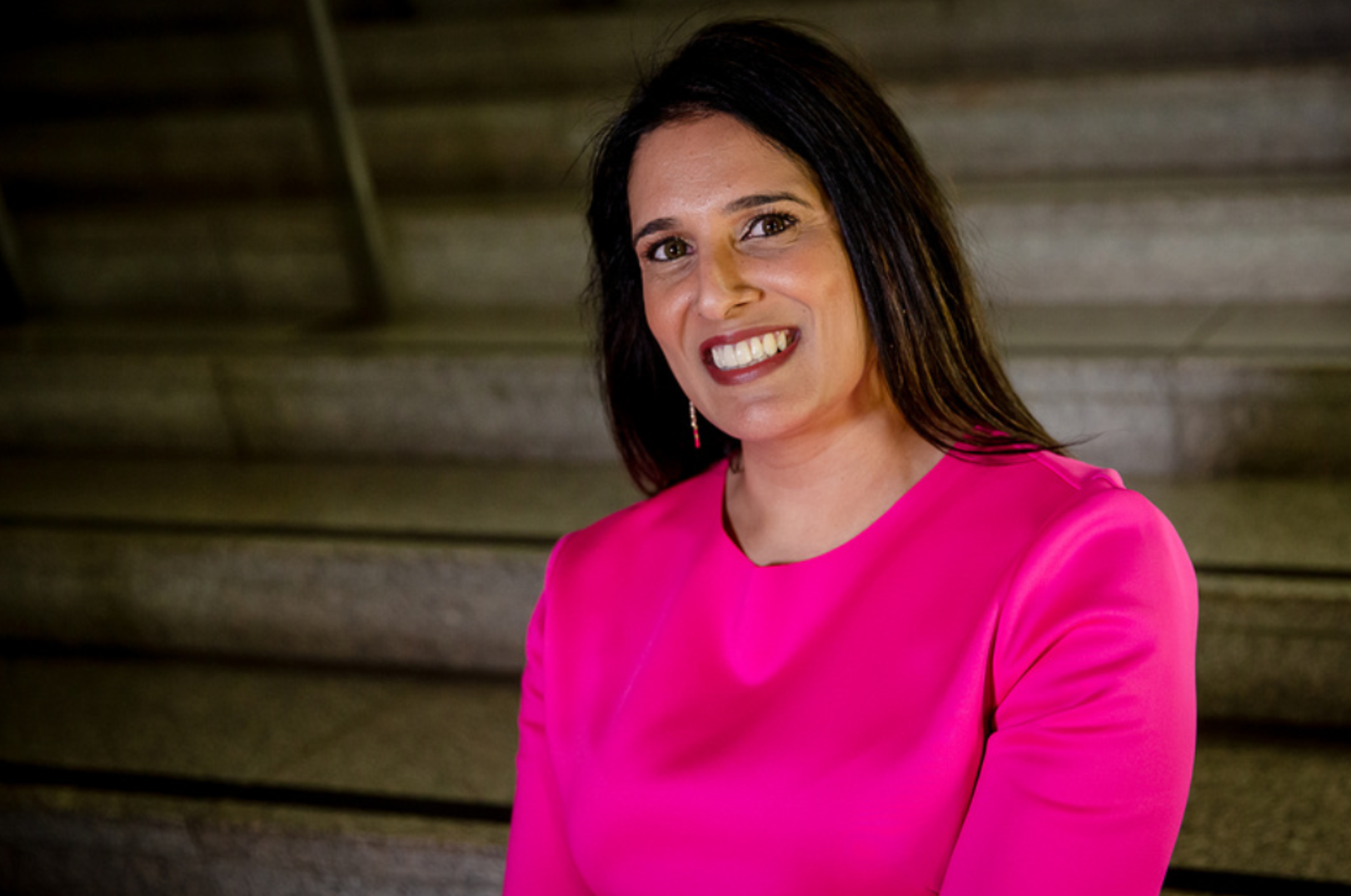Celebrating the potential of veterans this Armed Forces Day
Some veterans leave the military as fully-trained mechanics, software developers or cybersecurity engineers. When Leidos UK Chief Executive, Simon Fovargue, made the move into civilian life, the main ‘hard’ skills he had to show from his 19 years as an officer in the infantry amounted to weapons handling and the ability to run with heavy weights for long distances.
Still, while such ‘hard’ skills may be of limited value in the civilian world, the ‘soft’ skills that Fovargue developed while commanding soldiers throughout conflicts in Northern Ireland, Bosnia, Kosovo, and Afghanistan have nonetheless proven invaluable in his second career as a technology executive.
“What’s not always appreciated are the soft skills that veterans bring,” he says. “For one thing, leadership, teamwork and collaboration are taught and lived in the armed forces on a day-to-day basis. For another, serving in the military develops your ability to think critically – from tactical problem-solving, through to higher-level strategic thinking.”
When you consider that you’re typically solving problems in hostile environments where failure is not an option, that means you also learn the communication skills and resilience needed to take your team forward and execute a plan at pace.
Simon Fovargue
Chief Executive, Leidos UK & Europe
The problem, Fovargue argues, is that these capabilities are not always given the attention and appreciation they deserve, both outside the military and sometimes by service people themselves. That’s part of why he believes that events like UK Armed Forces Day, on June 24th are so important.
“Raising attention to the armed forces is particularly important at a time when they have lost some of the national profile that they used to have,” he explains. “UK Armed Forces Day is about celebrating the contribution and the sacrifice that those in the military have made, are making and will continue to make in the future.”
To that end, Fovargue still volunteers as a trustee for the museum and trust of his former regiment, the Green Howards.
Although this commitment to the work of the armed forces is something that he says stays with you throughout your life, for every service person there comes a point where they have to leave their military days behind them. And when they do, the new world of civilian career opportunities can often be confusing and difficult to navigate.
“It’s so important to take the time to be inquisitive about the opportunities available and to not be afraid to step outside your comfort zone,” Fovargue says. “Take the time to appreciate what you're good at, as well as what you’re not so good at. Don’t underplay yourself because you’ll be surprised at how well the skills you’ve learned over your service will support you in your future working life.”
In whatever career direction veterans choose, Fovargue believes that what many are fundamentally seeking is a meaningful purpose. They want to continue to dedicate themselves in the same way they had served in the military during their previous careers.
“For me, I always think that there are three things that are important in work,” Fovargue says. “Number one, you want to get up in the morning and believe that you’re doing something important. Secondly, you also want to have some fun because if your work is important but as dull as dishwater, then that’s going to be a tough gig. And finally, you also want to be properly rewarded.”
As he stresses, 'properly rewarded’ doesn’t necessarily mean that people only look at whichever company can offer them the highest salary. Instead, a company's values, culture and purpose are becoming increasingly important to potential employees.
It’s here that Fovargue believes that Leidos stands out, by offering a mission that particularly appeals to former service people – something that helps explain our global 8,500-strong veteran workforce and regular appearance on lists for best employers for veterans.
“We develop new solutions to address hard problems of national significance, whether that’s in logistics support and command and control systems for defence, or civil solutions like biometrics and air traffic control,” he describes. “Throughout this work, we manifest our values of integrity, innovation, agility, collaboration, commitment, inclusion and diversity and, ultimately, we make a difference to the safety, security and prosperity of the country. All of that is exactly what veterans are looking for.”
For more information on our Operation Military Veteran Programme visit: www.leidos.com/operation-mvp




